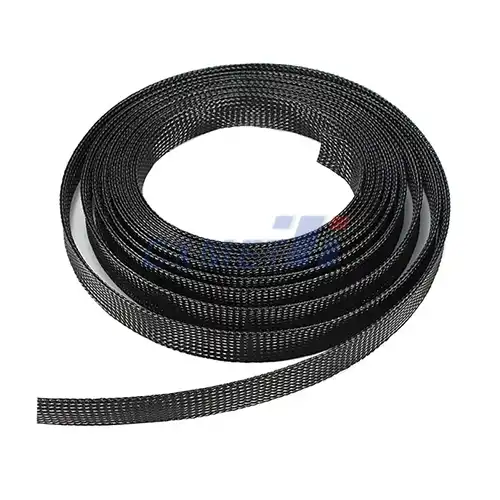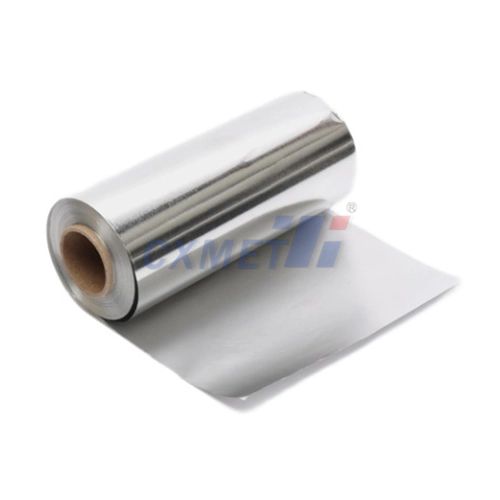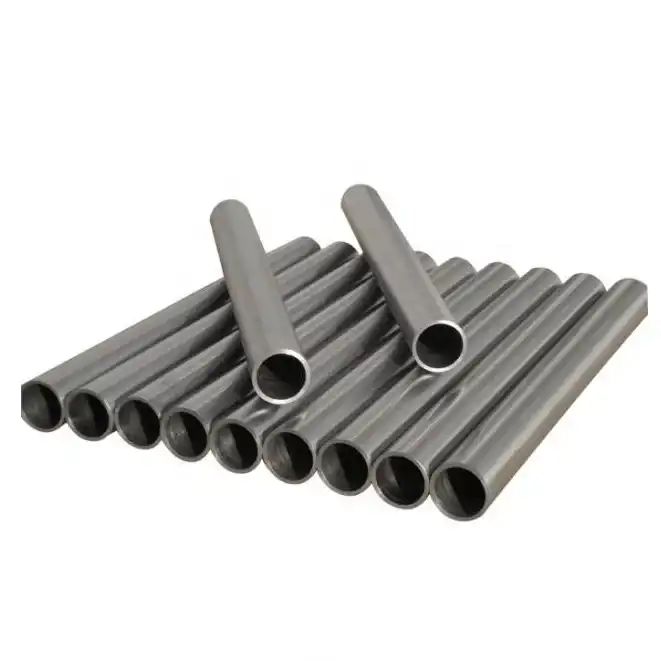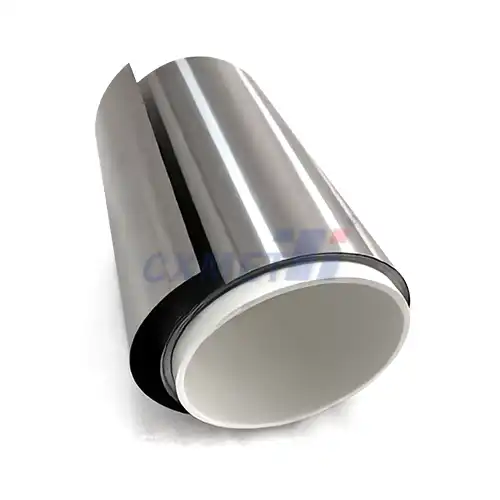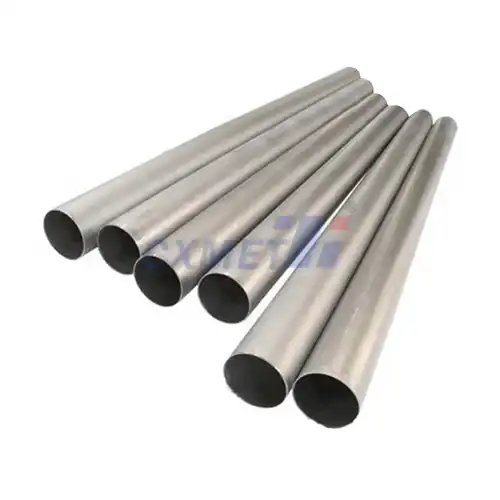- English
- French
- German
- Portuguese
- Spanish
- Russian
- Japanese
- Korean
- Arabic
- Greek
- German
- Turkish
- Italian
- Danish
- Romanian
- Indonesian
- Czech
- Afrikaans
- Swedish
- Polish
- Basque
- Catalan
- Esperanto
- Hindi
- Lao
- Albanian
- Amharic
- Armenian
- Azerbaijani
- Belarusian
- Bengali
- Bosnian
- Bulgarian
- Cebuano
- Chichewa
- Corsican
- Croatian
- Dutch
- Estonian
- Filipino
- Finnish
- Frisian
- Galician
- Georgian
- Gujarati
- Haitian
- Hausa
- Hawaiian
- Hebrew
- Hmong
- Hungarian
- Icelandic
- Igbo
- Javanese
- Kannada
- Kazakh
- Khmer
- Kurdish
- Kyrgyz
- Latin
- Latvian
- Lithuanian
- Luxembou..
- Macedonian
- Malagasy
- Malay
- Malayalam
- Maltese
- Maori
- Marathi
- Mongolian
- Burmese
- Nepali
- Norwegian
- Pashto
- Persian
- Punjabi
- Serbian
- Sesotho
- Sinhala
- Slovak
- Slovenian
- Somali
- Samoan
- Scots Gaelic
- Shona
- Sindhi
- Sundanese
- Swahili
- Tajik
- Tamil
- Telugu
- Thai
- Ukrainian
- Urdu
- Uzbek
- Vietnamese
- Welsh
- Xhosa
- Yiddish
- Yoruba
- Zulu
What Are The Benefits Of Using Gr23 ERTi-23 Titanium Wire In Orthopedic Surgeries?
2024-12-04 11:24:10
Gr23 ERTi-23 titanium wire has emerged as a game-changing material in orthopedic surgeries, offering numerous benefits that contribute to improved patient outcomes and surgical efficiency. This high-performance titanium alloy combines exceptional strength, biocompatibility, and corrosion resistance, making it an ideal choice for various orthopedic applications. As we delve deeper into the advantages of using Gr23 ERTi-23 titanium wire in orthopedic procedures, we'll explore its unique properties and how they translate into tangible benefits for both surgeons and patients.
How does Gr23 ERTi-23 titanium wire enhance bone healing and integration?
Gr23 ERTi-23 titanium wire plays a crucial role in enhancing bone healing and integration during orthopedic surgeries. This advanced material exhibits exceptional osseointegration properties, which means it can form a strong and stable bond with the surrounding bone tissue. The unique surface characteristics of Gr23 ERTi-23 titanium wire promote the attachment and proliferation of osteoblasts, the cells responsible for new bone formation.
One of the key factors contributing to enhanced bone healing is the wire's excellent biocompatibility. Gr23 ERTi-23 titanium is highly resistant to corrosion and does not release harmful ions into the surrounding tissues. This property minimizes the risk of adverse reactions and allows the body to focus on the healing process without interference from foreign substances.
The wire's surface topography also plays a significant role in promoting bone integration. The microscopic roughness of Gr23 ERTi-23 titanium wire provides an ideal surface for bone cells to adhere to and grow. This increased surface area for cell attachment leads to faster and more robust bone formation around the implant, resulting in improved stability and long-term success of the orthopedic procedure.
Furthermore, the mechanical properties of Gr23 ERTi-23 titanium wire contribute to enhanced bone healing. The wire's high strength-to-weight ratio allows for the creation of implants that can withstand the mechanical stresses of the skeletal system while maintaining a low profile. This balance between strength and flexibility helps distribute forces more evenly across the bone-implant interface, reducing stress shielding and promoting natural bone remodeling.
Research has shown that Gr23 ERTi-23 titanium wire exhibits superior osseointegration compared to other materials commonly used in orthopedic surgeries. Studies have demonstrated faster bone ingrowth and higher bone-to-implant contact percentages, leading to quicker recovery times and improved long-term outcomes for patients.
What advantages does Gr23 ERTi-23 titanium wire offer in terms of implant longevity and durability?
Gr23 ERTi-23 titanium wire offers significant advantages in terms of implant longevity and durability, making it an excellent choice for orthopedic surgeries where long-term performance is crucial. The exceptional properties of this titanium alloy contribute to the extended lifespan of implants and reduce the need for revision surgeries.
One of the primary factors contributing to the longevity of Gr23 ERTi-23 titanium wire implants is their outstanding corrosion resistance. The wire's surface naturally forms a stable oxide layer that acts as a protective barrier against chemical attack. This resistance to corrosion ensures that the implant maintains its structural integrity over time, even when exposed to the body's aggressive physiological environment.
The high strength-to-weight ratio of Gr23 ERTi-23 titanium wire allows for the creation of implants that are both strong and lightweight. This optimal balance enables the implants to withstand the cyclic loading and stress associated with daily activities without compromising their structural integrity. The wire's ability to distribute forces evenly helps prevent localized stress concentrations that could lead to implant failure or bone resorption.
Another crucial aspect of Gr23 ERTi-23 titanium wire's durability is its excellent fatigue resistance. Orthopedic implants are subjected to repetitive loading cycles throughout their lifespan, and fatigue failure is a common concern. The unique microstructure of Gr23 ERTi-23 titanium wire provides superior resistance to crack initiation and propagation, significantly extending the implant's fatigue life and reducing the risk of mechanical failure.
The biocompatibility of Gr23 ERTi-23 titanium wire also contributes to implant longevity by minimizing the risk of adverse tissue reactions or implant rejection. The material's low reactivity with the body's tissues and fluids helps maintain a stable interface between the implant and the surrounding bone, promoting long-term integration and reducing the likelihood of complications that could compromise the implant's durability.
Studies have shown that orthopedic implants made from Gr23 ERTi-23 titanium wire exhibit excellent long-term performance, with high survival rates and minimal wear or degradation over extended periods. This longevity translates to fewer revision surgeries, improved patient satisfaction, and reduced healthcare costs associated with implant-related complications.
How does Gr23 ERTi-23 titanium wire improve surgical precision and outcomes in orthopedic procedures?
Gr23 ERTi-23 titanium wire significantly improves surgical precision and outcomes in orthopedic procedures through its unique combination of physical and mechanical properties. The wire's characteristics enable surgeons to perform more accurate and less invasive surgeries, leading to better patient outcomes and faster recovery times.
One of the key factors contributing to improved surgical precision is the excellent workability of Gr23 ERTi-23 titanium wire. The material's ductility and formability allow surgeons to shape and manipulate the wire with great accuracy, enabling them to create custom-fit implants that conform precisely to the patient's anatomy. This level of customization ensures optimal implant placement and reduces the risk of complications associated with ill-fitting devices.
The high strength of Gr23 ERTi-23 titanium wire allows for the use of smaller diameter wires without compromising structural integrity. This property is particularly beneficial in minimally invasive procedures, where smaller incisions and reduced tissue disruption are crucial. Surgeons can achieve the necessary fixation strength while minimizing trauma to surrounding tissues, leading to faster healing and reduced post-operative pain.
The wire's excellent visibility under imaging modalities such as X-ray and fluoroscopy further enhances surgical precision. The radiopaque nature of Gr23 ERTi-23 titanium wire allows surgeons to accurately visualize and position the implant during the procedure, ensuring proper alignment and reducing the risk of malposition. This improved visibility also facilitates post-operative monitoring and assessment of implant integration.
Another aspect that contributes to improved surgical outcomes is the wire's low elastic modulus, which is closer to that of natural bone compared to other metallic implant materials. This property helps reduce stress shielding effects, promoting more natural load distribution and bone remodeling. As a result, patients experience better long-term functional outcomes and a reduced risk of implant-related complications.
The biocompatibility of Gr23 ERTi-23 titanium wire also plays a crucial role in improving surgical outcomes. The material's low reactivity and minimal release of metal ions reduce the risk of allergic reactions or local tissue irritation. This property is particularly important in orthopedic surgeries, where implant integration and tissue healing are critical for successful outcomes.
Studies have shown that the use of Gr23 ERTi-23 titanium wire in orthopedic procedures leads to improved surgical precision, reduced operative time, and enhanced patient outcomes. Surgeons report greater ease of use and better control during wire manipulation, resulting in more accurate implant placement and fixation. These benefits translate to faster recovery times, reduced complication rates, and improved overall patient satisfaction.
Conclusion
In conclusion, the use of Gr23 ERTi-23 titanium wire in orthopedic surgeries offers a multitude of benefits that significantly improve patient outcomes and surgical efficiency. From enhanced bone healing and integration to superior implant longevity and improved surgical precision, this advanced material has revolutionized the field of orthopedic surgery. As research continues to demonstrate the advantages of Gr23 ERTi-23 titanium wire, it is likely to become an increasingly popular choice for a wide range of orthopedic applications, ultimately leading to better quality of life for patients undergoing these procedures.
At SHAANXI CXMET TECHNOLOGY CO., LTD, we take pride in our extensive product range, which caters to diverse customer needs. Our company is equipped with outstanding production and processing capabilities, ensuring the high quality and precision of our products. We are committed to innovation and continuously strive to develop new products, keeping us at the forefront of our industry. With leading technological development capabilities, we are able to adapt and evolve in a rapidly changing market. Furthermore, we offer customized solutions to meet the specific requirements of our clients. If you are interested in our products or wish to learn more about the intricate details of our offerings, please do not hesitate to contact us at sales@cxmet.com. Our team is always ready to assist you.
References
- Niinomi, M. (2008). Mechanical biocompatibilities of titanium alloys for biomedical applications. Journal of the Mechanical Behavior of Biomedical Materials, 1(1), 30-42.
- Elias, C. N., Lima, J. H. C., Valiev, R., & Meyers, M. A. (2008). Biomedical applications of titanium and its alloys. Jom, 60(3), 46-49.
- Rack, H. J., & Qazi, J. I. (2006). Titanium alloys for biomedical applications. Materials Science and Engineering: C, 26(8), 1269-1277.
- Geetha, M., Singh, A. K., Asokamani, R., & Gogia, A. K. (2009). Ti based biomaterials, the ultimate choice for orthopaedic implants–a review. Progress in Materials Science, 54(3), 397-425.
- Long, M., & Rack, H. J. (1998). Titanium alloys in total joint replacement—a materials science perspective. Biomaterials, 19(18), 1621-1639.
- Hanawa, T. (2019). Titanium–tissue interface reaction and its control with surface treatment. Frontiers in Bioengineering and Biotechnology, 7, 170.
- Oldani, C., & Dominguez, A. (2012). Titanium as a biomaterial for implants. Recent Advances in Arthroplasty, 149-162.
- Wang, K. (1996). The use of titanium for medical applications in the USA. Materials Science and Engineering: A, 213(1-2), 134-137.
- Sidambe, A. T. (2014). Biocompatibility of advanced manufactured titanium implants—A review. Materials, 7(12), 8168-8188.
- Bauer, S., Schmuki, P., von der Mark, K., & Park, J. (2013). Engineering biocompatible implant surfaces: Part I: Materials and surfaces. Progress in Materials Science, 58(3), 261-326.
